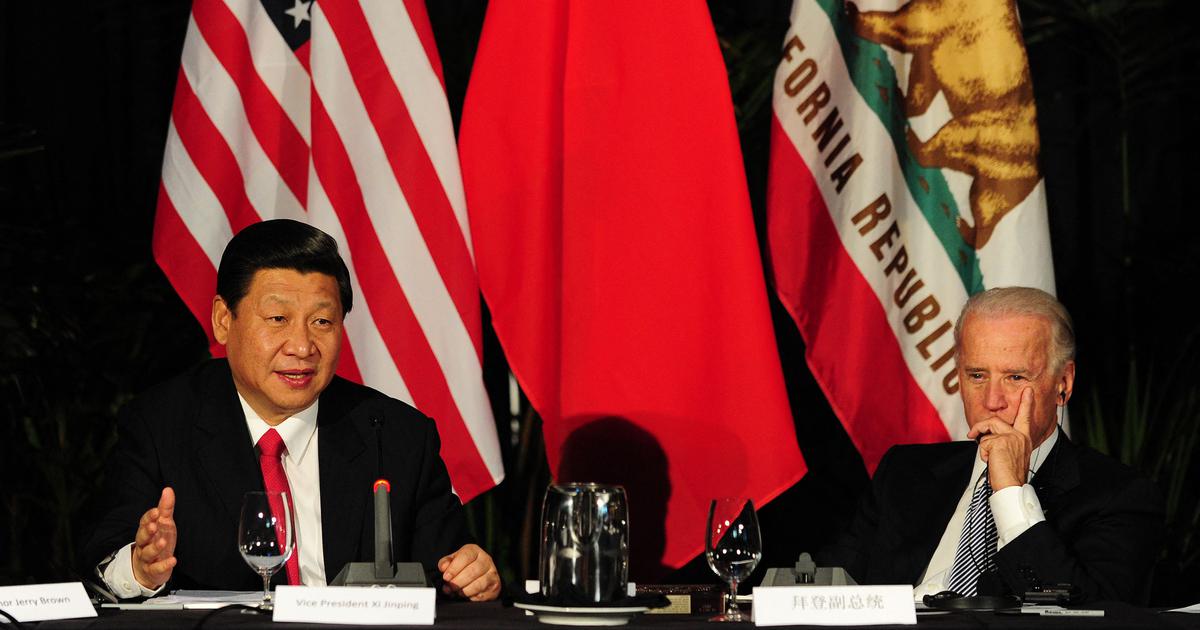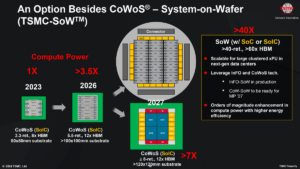Introduction
In a digital age fraught with geopolitical intricacies, every technological advancement becomes a potential flashpoint, especially when it involves key players in global politics. The recent unveiling of Huawei latest laptop boasting Intel’s cutting-edge Meteor Lake CPUs has reignited the flames of controversy, particularly within the corridors of power in the United States.
Let’s unravel the layers of this unfolding saga and explore the underlying reasons behind US lawmakers’ discontent.
Follow us on Linkedin for everything around Semiconductors & AI
Huawei MatePro X
The new Huawei laptop causing a stir is the MateBook X Pro 2024.
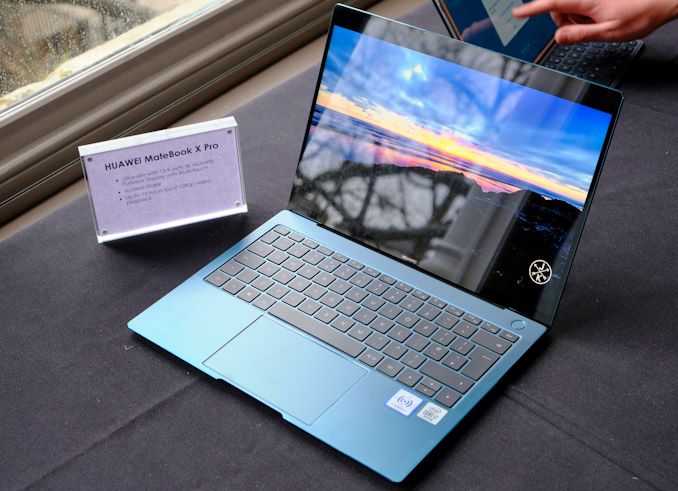
Here’s a breakdown of its key features:
Processor: This laptop boasts Intel’s latest Core Ultra processor based on the Meteor Lake architecture. You can choose between the Core Ultra 7 155H or the higher-end Core Ultra 9 185H, both with integrated graphics.
AI Focus: One of the main selling points is the AI capabilities. The Core Ultra processors have built-in AI accelerators, and Huawei’s own HarmonyOS integrates with AI models from Baidu and iFlytek (Chinese companies).
Display: The MateBook X Pro features a high-resolution 3.2K OLED touchscreen.
Design: It’s designed to be a lightweight and portable option, weighing only around 980 grams.
Price and Availability: The MateBook X Pro 2024 is launched in China in April 2024 with a starting price of up to 14,999 yuan (approximately $2,027) for the top-end configuration with 32GB RAM and 2TB storage.
Here are some additional points to consider:
- This laptop is positioned as a competitor to Apple’s MacBook Air, particularly due to its thin and light design and premium display.
- The use of Intel’s latest chip is the source of tension between the US and China, as it raises questions about the effectiveness of trade restrictions on Huawei.
The Geopolitical Landscape: A History of Friction
The backdrop of this controversy is the long-standing trade tensions between the US and China, which have escalated significantly in recent years. In 2019, the US government placed Huawei on a trade restriction list, citing violations of sanctions against Iran and expressing concerns about Beijing’s technological ambitions.
Huawei historically used Intel chips in two main ways:
Laptops: Intel’s central processing units (CPUs) were the primary choice for Huawei laptops. A special license issued by the Trump administration in 2020 allowed Intel to continue supplying these chips despite the trade blacklist.
Other Products (Limited): Huawei’s subsidiary HiSilicon makes its own Arm-based processors. However, for certain applications like some 5G base stations, Huawei also employed Intel’s Altera field-programmable gate arrays (FPGAs).
It’s important to note that the license for laptop CPUs may not be renewed, and the recent controversy surrounds Huawei’s access to Intel’s new AI-enabled chip.
Despite these restrictions, a license issued by the Trump administration in 2020 has allowed Intel to continue supplying processors to Huawei for use in laptops, drawing criticism from hardliners on China policy.
The introduction of the MateBook X Pro, with its integration of AI technology, has intensified scrutiny of US policies regarding Huawei.
Some lawmakers, such as Republican Congressman Michael Gallagher, chair of the House select committee on China, have expressed frustration over the Department of Commerce’s decision to permit the shipment of Intel chips to Huawei.
“One of the greatest mysteries in Washington, DC is why the Department of Commerce continues to allow U.S. technology to be shipped to Huawei.”
~Republican Congressman Michael Gallagher
Gallagher’s sentiment reflects broader concerns among China hardliners about the perceived leniency of US regulations towards Huawei.
Read More: AMAT Unveils Pioneer CVD for Next-Gen DRAM and EUV Lithography – techovedas
The Processor Factor: Why CPUs Raise Concerns
Huawei’s decision to use Intel’s Meteor Lake CPUs in their latest laptop has stirred up trouble. CPUs, which act as the brains of electronic devices, are vital for making gadgets work smoothly. 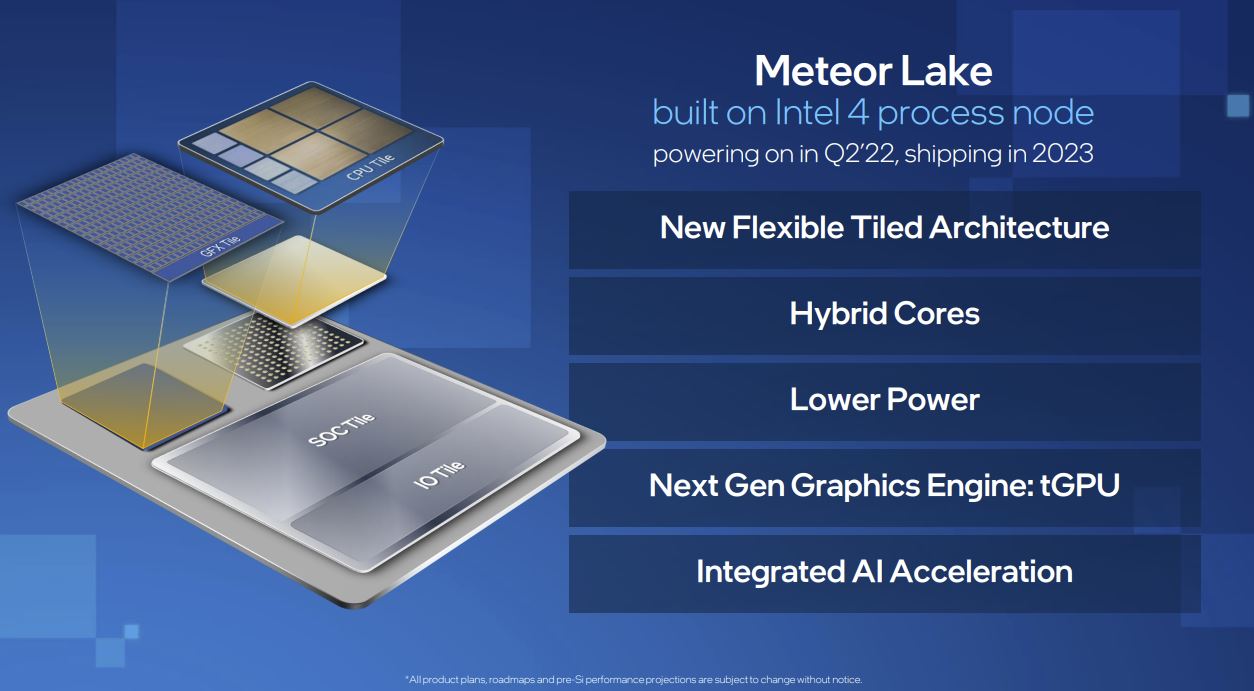
Huawei’s decision to use Intel’s Meteor Lake CPU in its latest laptop has raised eyebrows, especially when compared to its past use of Qualcomm chips.
But why the sudden shift in focus to Intel? One reason could be the increased visibility of the Meteor Lake CPU in Huawei’s marketing efforts, drawing more attention from US lawmakers.
Another factor may be the nuanced differences between processors and other components, making Intel’s chips a focal point for scrutiny.
Simply put, the choice of processor in Huawei’s laptop has become a hot topic due to its potential implications for national security and technological innovation.
Read More: Top 10 Stocks in Generative AI Gold Rush – techovedas
What Comes Next: Consequences of the US-China Tech Clash
With the latest flare-up in the ongoing US-China tech conflict, the road ahead is fraught with uncertainty and potential consequences.
US lawmakers may respond by tightening regulations on technology exports to Huawei, potentially disrupting the broader tech supply chain.
This could lead to increased scrutiny of other Chinese tech firms and further strain diplomatic relations between the two superpowers.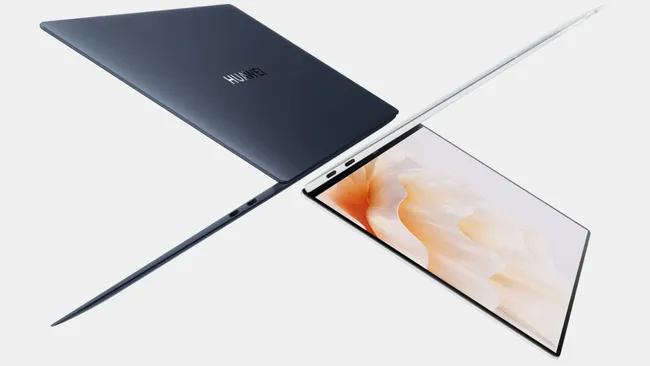
Moreover, the incident may exacerbate existing tensions, impacting trade dynamics and fostering a climate of distrust.
On the flip side, it could also spur efforts towards greater technological independence within the US, as policymakers seek to reduce reliance on Chinese tech firms.
This could manifest in initiatives aimed at fostering domestic innovation and promoting collaboration among US tech companies.
As the dust settles, the implications of this latest chapter in the US-China tech saga remain uncertain, with far-reaching ramifications for global technology, trade, and diplomacy.
Read More: What are Top 8 AI Companies in the World: Raking in Record-Breaking Investments – techovedas
Conclusion: Navigating a Complex Terrain
The brewing tensions surrounding Huawei’s use of Intel’s Meteor Lake CPUs underscore the intricate dance between technological advancement, national security imperatives, and geopolitical rivalries.
Moreover, as stakeholders navigate this complex terrain, it is imperative to strike a balance between fostering innovation and safeguarding vital interests.
Only through nuanced dialogue, strategic foresight, and collaborative engagement can we chart a path forward that promotes security, prosperity, and stability in an increasingly interconnected world.

